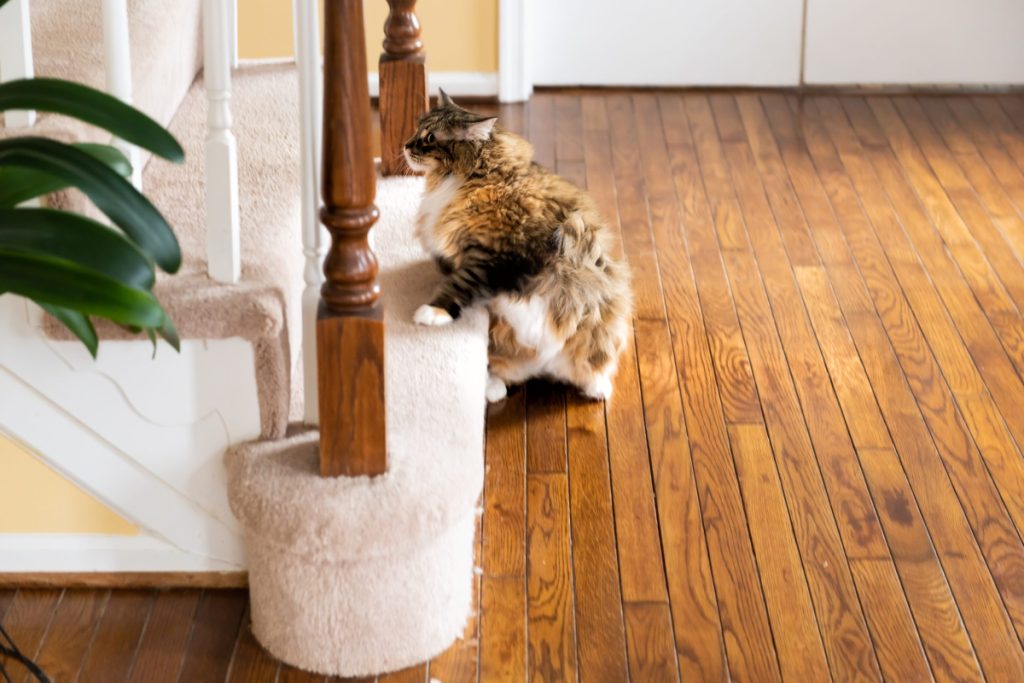Feline Arthritis

Risks, Symptoms, Causes, and Treatment Options
Arthritis, a common condition in cats, is characterized by the chronic inflammation of a cat’s joints. It can lead to stiffness, pain, and reduced mobility, significantly impacting the quality of life of our feline friends. This article aims to provide comprehensive information about the risks, symptoms, causes, at-home therapy, and veterinary treatment options for feline arthritis.
Risks of Feline Arthritis
While arthritis can affect cats of all ages, it is more prevalent in older cats due to the wear and tear of the joints over time. Overweight cats are also at a higher risk as the excess weight puts additional strain on their joints.
Symptoms
– Symptoms of feline arthritis may include but are not limited to:
-
- – Reduced mobility
-
- – Difficulty jumping up or down
-
- – Changes in grooming habits
-
- – Changes in behavior or mood
-
- – Limping or stiffness
Causes of Arthritis in Cats
The primary cause of arthritis in cats is the degeneration of cartilage, the protective layer covering the bones in a joint. As the cartilage wears away, the bones rub against each other, causing pain and inflammation.
At-Home Therapy
At-home therapy for feline arthritis may involve:
- Weight management: Maintaining a healthy weight can help reduce the strain on your cat's joints.
- Physical therapy: Gentle exercises can help improve joint mobility and muscle strength.
- Environmental modifications: Making changes to your cat's environment, such as providing a ramp to climb or a litter box with low sides, can make it easier for them to move around.
Veterinary Treatment Options
Veterinary treatment options for feline arthritis may include:
- Pain medication: Non-steroidal anti-inflammatory drugs (NSAIDs) can help reduce pain and inflammation.
- Joint supplements: Supplements such as glucosamine and chondroitin can support joint health.
- Disease-modifying osteoarthritis drugs (DMOADs): These drugs can help slow the progression of arthritis.
Remember, it's important to consult with a veterinarian for a proper diagnosis and treatment plan if you suspect your cat has arthritis.
Please note that this is a general guide and the treatment for feline arthritis can vary depending on the individual cat's health condition. Always consult with a veterinarian for the most appropriate treatment options.